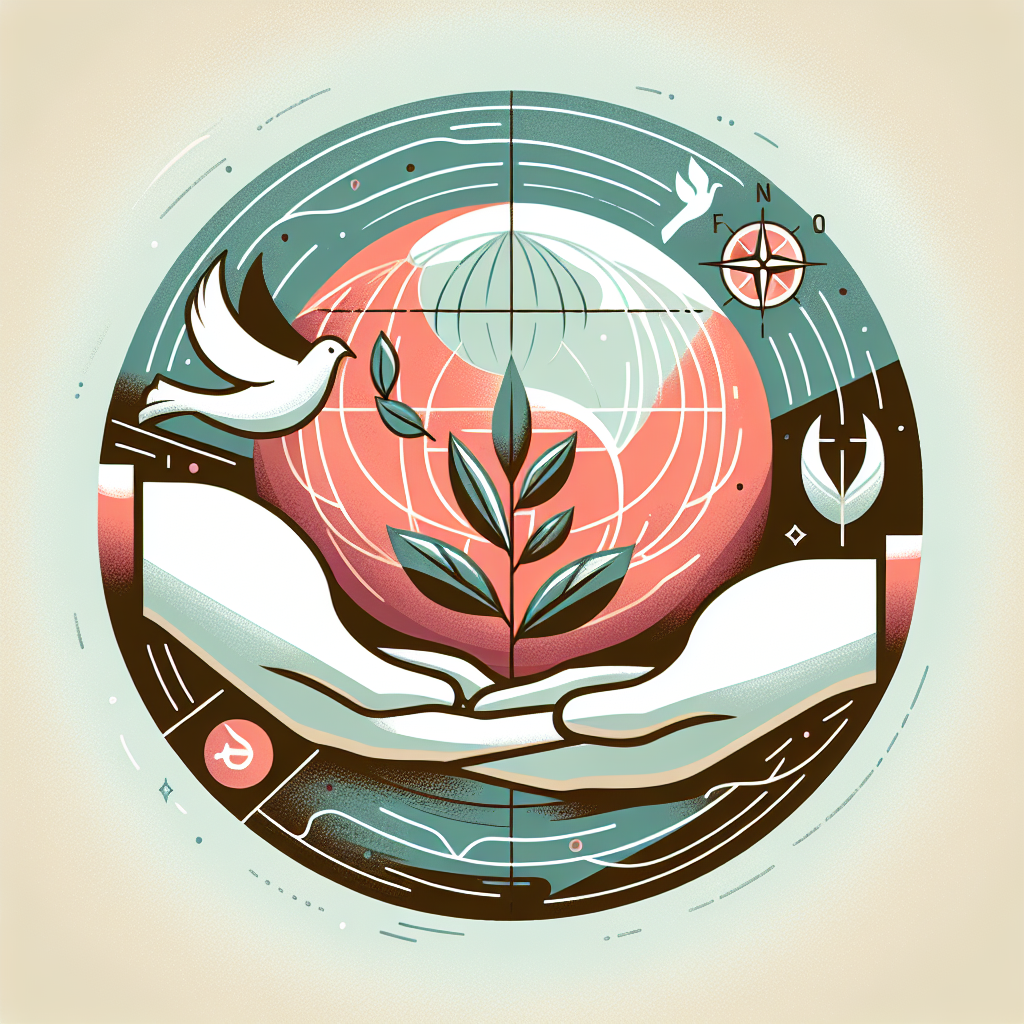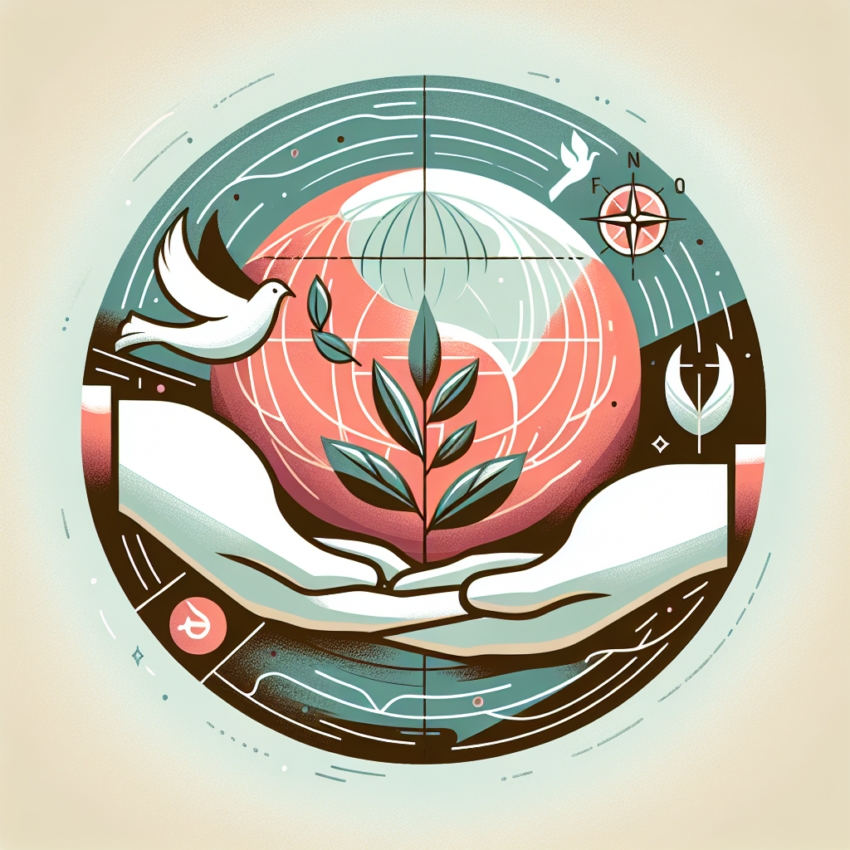
Understanding the Roots of Conflict
The Russia-Ukraine conflict, deeply rooted in historical, cultural, and geopolitical tensions, escalated dramatically in 2014 following the annexation of Crimea by Russia. This event, coupled with the subsequent support for separatist movements in Eastern Ukraine, set the stage for a prolonged conflict that has had profound implications both regionally and globally.
Historical Context
Historically, Ukraine has been at the crossroads of empires, with significant periods under Russian and Soviet influence. The dissolution of the Soviet Union in 1991 marked Ukraine’s independence, but the ethnic and cultural ties to Russia, particularly in eastern regions and Crimea, remained strong. These ties became points of contention as Ukraine sought closer integration with Western institutions like the EU and NATO, moves viewed by Russia as encroachments into its sphere of influence.
Lead-Up to War
The immediate catalyst for the conflict was the Euromaidan protests in 2013-2014, where Ukrainians protested against then-President Viktor Yanukovych’s decision to reject a trade agreement with the EU in favor of closer ties with Russia. The ousting of Yanukovych and Russia’s subsequent annexation of Crimea escalated tensions, leading to a war in Eastern Ukraine between Ukrainian forces and Russian-backed separatists.
Stances of Key Figures
- Putin’s Stance: President Vladimir Putin has framed the conflict as a defensive action against Western expansionism, asserting the need to protect ethnic Russians and Russian-speaking populations in Ukraine. He has consistently criticized the post-Maidan government as illegitimate.
- Zelenskyy’s Stance: President Volodymyr Zelenskyy, elected in 2019, has oscillated between seeking peaceful resolutions and responding to military escalations. His administration has pushed for sovereignty and territorial integrity, advocating for the return of Crimea and Donbas under Ukrainian control.
Impact on Local Populations
The conflict has led to a humanitarian crisis with thousands dead, millions displaced, and countless families torn apart. In annexed regions, residents face divided loyalties, with some welcoming Russian presence while others yearn for Ukrainian governance, leading to a complex social fabric fraught with tension and fear.
Global Impact
- Economic: Sanctions against Russia have had ripple effects on the global economy, particularly affecting energy prices and trade routes.
- Political: The conflict has tested NATO’s resolve and has been a significant factor in European politics, influencing elections and policy-making.
- Security: It has raised concerns about European security, with fears of escalation into a broader conflict involving NATO members.
Strategies for Resolution
Resolving this conflict requires a multifaceted approach:
- Diplomacy: Revitalizing the Minsk agreements or crafting new treaties that are acceptable to all parties, ensuring they address security guarantees, autonomy for regions, and the status of Crimea.
- International Mediation: Engaging neutral parties or organizations like the UN or OSCE to mediate discussions, ensuring transparency and fairness.
- Economic Incentives: Offering economic aid and integration into European markets for Ukraine, while easing sanctions on Russia contingent on de-escalation and respect for Ukrainian sovereignty.
- Humanitarian Focus: Prioritizing the welfare of civilians, including safe corridors for aid, refugee support, and reconstruction efforts in war-torn areas.
- Cultural and Educational Exchanges: Promoting understanding and reconciliation through cultural programs and educational exchanges to mend historical animosities.
Conclusion
The Russia-Ukraine conflict is not just a regional issue but a global concern requiring nuanced strategies that respect historical grievances while pushing for a future where both nations can coexist peacefully. The path to peace is fraught with challenges, but with persistent diplomatic efforts, economic incentives, and a focus on humanitarian needs, a resolution can be envisioned.
